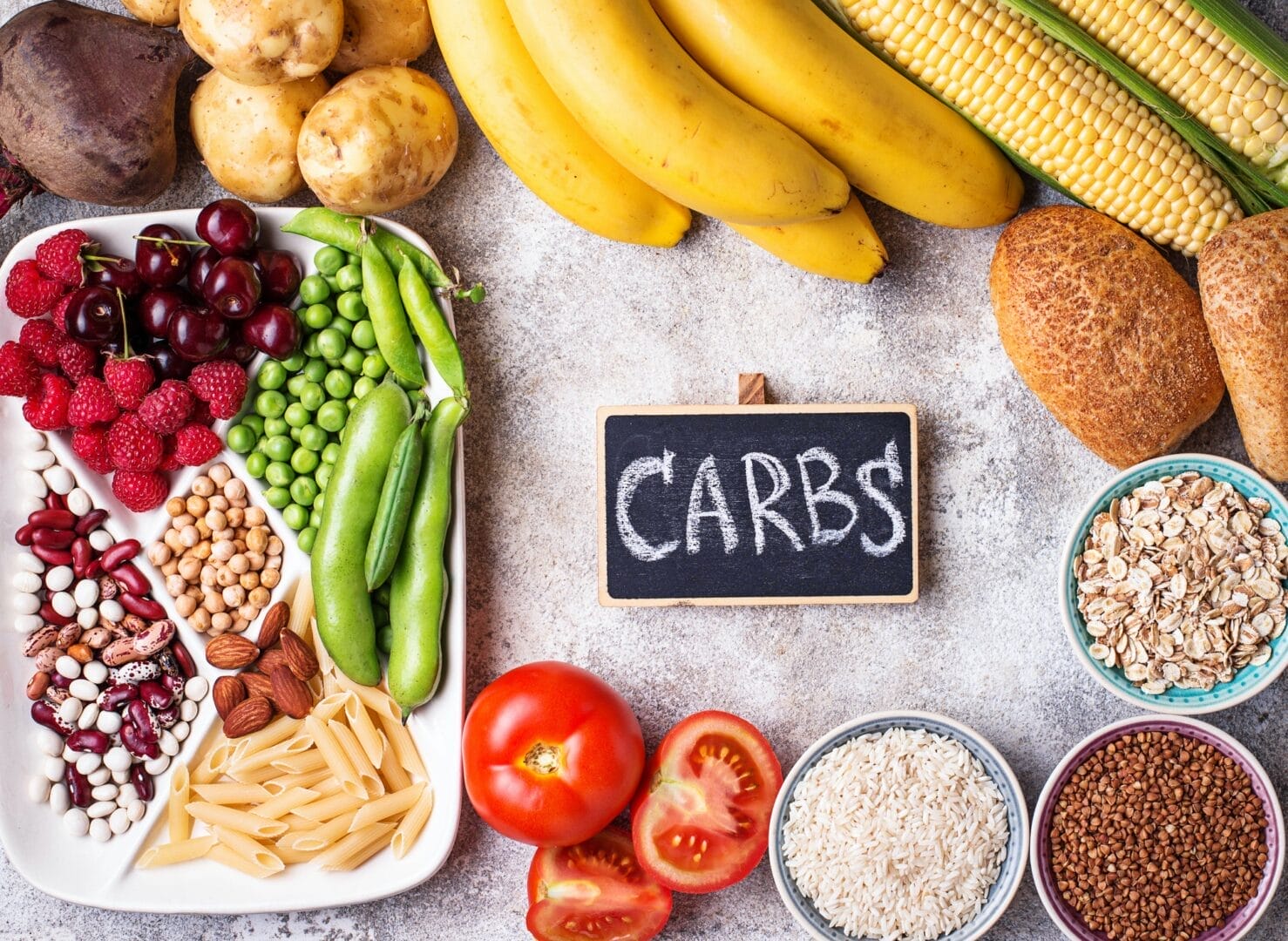
Carbohydrates, often simply referred to as “carbs,” have been a hot topic in the world of nutrition for years. With popular diets promoting low-carb or no-carb approaches, it’s no surprise that many people believe that carbs are the enemy of weight loss and health. But is this really true? Let’s explore the common myths about carbohydrates and uncover the facts about how they actually affect your body.
Myth #1: Carbs are bad for you and cause weight gain.
Fact:
Carbohydrates are not inherently bad, nor do they automatically lead to weight gain. In reality, carbs are one of the body’s primary sources of energy. They fuel everything from daily activities to intense workouts. Weight gain occurs when you consume more calories than your body needs, whether those calories come from carbs, protein, or fat. The key is focusing on the right types of carbs and keeping an eye on portion sizes.
Myth #2: All carbs are the same.
Fact:
Not all carbs are created equal. Carbohydrates come in many forms, and the type of carbs you consume can have a big impact on your health. Simple carbs, like those found in sugary snacks, sodas, and highly processed foods, are quickly broken down by the body and can cause rapid spikes in blood sugar. On the other hand, complex carbs, like those in whole grains, vegetables, and legumes, take longer to digest, providing sustained energy and more nutrients. Choosing whole, unprocessed carbs is key to maintaining balanced energy levels and promoting long-term health.
Myth #3: Cutting out carbs is the best way to lose weight.
Fact:
Eliminating carbs entirely can lead to short-term weight loss, but it’s not a sustainable or healthy long-term solution for most people. Cutting out an entire macronutrient group can deprive your body of essential nutrients like fiber, vitamins, and minerals that are found in healthy carb sources. Moreover, low-carb diets can leave you feeling deprived, which often leads to overindulging later. Instead of avoiding carbs, focus on balance—pairing the right portions of healthy carbs with proteins and fats to support steady energy levels and satisfaction.
Myth #4: Carbs cause blood sugar spikes and should be avoided by everyone.
Fact:
While it’s true that some carbs can cause spikes in blood sugar, not all carbs have this effect. High-glycemic index (GI) carbs, such as sugary cereals and white bread, are quickly absorbed and can cause rapid increases in blood sugar levels. However, low-GI carbs like oats, quinoa, and vegetables are absorbed more slowly, providing a gradual release of energy and keeping blood sugar levels stable. It’s all about choosing nutrient-dense, slow-digesting carbs to support your health. People with diabetes or insulin resistance may need to pay closer attention to carb intake, but for most, carbs can and should be a part of a balanced diet.
Myth #5: Carbs make you feel sluggish.
Fact:
Carbs actually provide a quick and efficient energy source, which is why athletes and active individuals rely on them to fuel workouts and recovery. Feeling sluggish after a meal isn’t necessarily due to the carbs themselves, but more likely due to consuming large portions of simple, refined carbs without enough protein, fiber, or healthy fats. Balanced meals that include complex carbs can provide the energy you need to power through your day without the crash that often follows high-sugar, refined-carb meals.
Final Thoughts
Carbohydrates are an essential part of a healthy diet. Rather than avoiding them altogether, it’s important to focus on the quality and quantity of the carbs you consume. Whole, unprocessed carbs like vegetables, fruits, and whole grains provide fiber, vitamins, and minerals that are vital for overall health. Balance is the key—incorporate carbs into your diet alongside healthy fats and proteins to create satisfying, nutrient-dense meals that keep you energized.
Want guidance on how to incorporate carbs into a balanced diet? Nutrition coaching can help you personalize your approach to carbs based on your goals and lifestyle. If you’re ready to take control of your nutrition and learn how to fuel your body in a sustainable way, consider meeting with a MaxFitHealth coach to learn more on how we can help. Tap HERE to schedule a free 1:1 consultation, or leave your comments below and start a discussion.
Until next time, be well!
